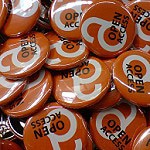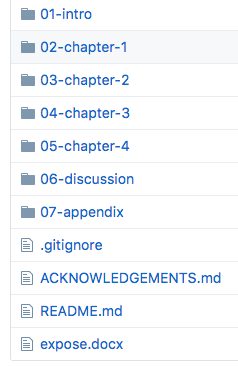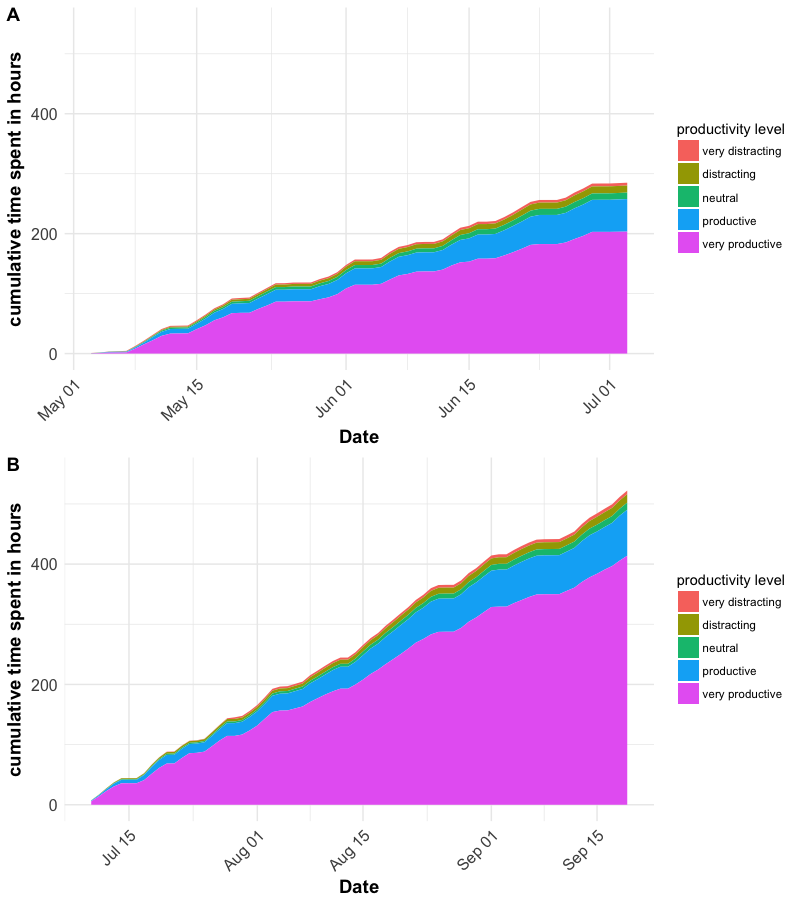Open Access week is a fitting time to be finalising a project on Open Data. About two years ago I started working with the Canadian development funder, the International Development Research Center, to look at the implementation of Open Data policy. This week the final report for that project is being published. Everyone, it seems agrees that opening up research data is a good thing, at least in the abstract.
Messaggi di Rogue Scholar

nnNot only the The Jussieu Call for Open Science and Bibliodiversity but also the European Union as a research funder seems to be paying attention to the problem of the commercialisation of Gold Open Access.nnAs OpenAire has posted the EU published a Call for proposals for Alternative Funding Mechanism for non-author fee based Open Access Publishing.

After having had some time to reflect on my writing process I’d like to share some of the things that I found useful during the writing of my PhD thesis. There’s probably already a million of these articles out there, but this also means that one more shouldn’t make much of a difference, so here we go. In principle this should all be applicable for other thesis writings as well.

Die bibliothekarische Literatur hat einen erstaunlichen Bias: Der Alltag, also das, was in Bibliotheken Tag für Tag, Woche für Woche gemacht wird, kommt in ihr kaum vor. Neue Projekte, innovative Veranstaltungen, erstaunliche Bauten finden immer wieder Platz in den bibliothekarischen Zeitschriften, Überlegungen zur Zukunft der Bibliotheken und Medien erst Recht;

Eine Notiz von Ben Kaden (@bkaden) “I got rid of my stamp collection the other day.” So begann der Journalist Eugene L. Meyer unlängst ein Opinion-Piece in der New York Times (Stamped Out. NYTimes.com, Sept. 29,2017). Bemerkenswert daran ist bereits, dass das Thema Philatelie überhaupt noch in die Diskurssphäre einer Tageszeitung gelangt.
I am more than delighted to announce that I will join Open Humans . Supported by a fellowship I will assume the role of Director of Research in November. Open Humans as a platform connects individuals who want to participate in research with research studies and projects that can be run by academic and “ citizen ” scientists alike.

Today Elsevier published its vision of Open Access, written by Gemma Hersh, and suggests a route that is neither green nor gold, but a mixture of it, one could say blue Open Access: Articles published by European institutions should be available Gold Open Access within Europe and – if deposited on a repository – Green Open Access outside of Europe.

Today I finally submitted my PhD thesis (🎉) and what better way to celebrate that day than doing some data analysis and visualization, right? So, let’s get some idea on how much time the actual write-up took after all and how I spent my time during these weeks. Luckily, I’m running RescueTime on my machines. The service allows you to monitor how, when and how long you’re using your computer.
Zu: Julien Mailland ; Kevin Driscoll (2017). Minitel: Welcome to the Internet (Platform Studies). Cambridge ; London: The MIT Press, 2017 Karsten Schuldt Minitel ( Médium interactif par numérisation d’information téléphonique ) war ein in den 1980ern und 1990ern in Frankreich etablierter interaktiver Dienst, vergleichbar (aber weit massiver verbreitet) mit dem BTX in Deutschland.
Anlässlich der Open-Access-Tage 2017 in Dresden referierte ich in der Session “Debatten” dazu, inwiefern sich Open Access zu einem kommerziellen und exklusiven Modell entwickelt. Die Folien zum Vortrag sind via slideshare verfügbar und auf dieser Seite eingebettet.nnEs existiert auch eine zitierfähige Version auf Zenodo:nHerb, Ulrich (2017). Open Access: Von Inklusion zu Exklusivität?